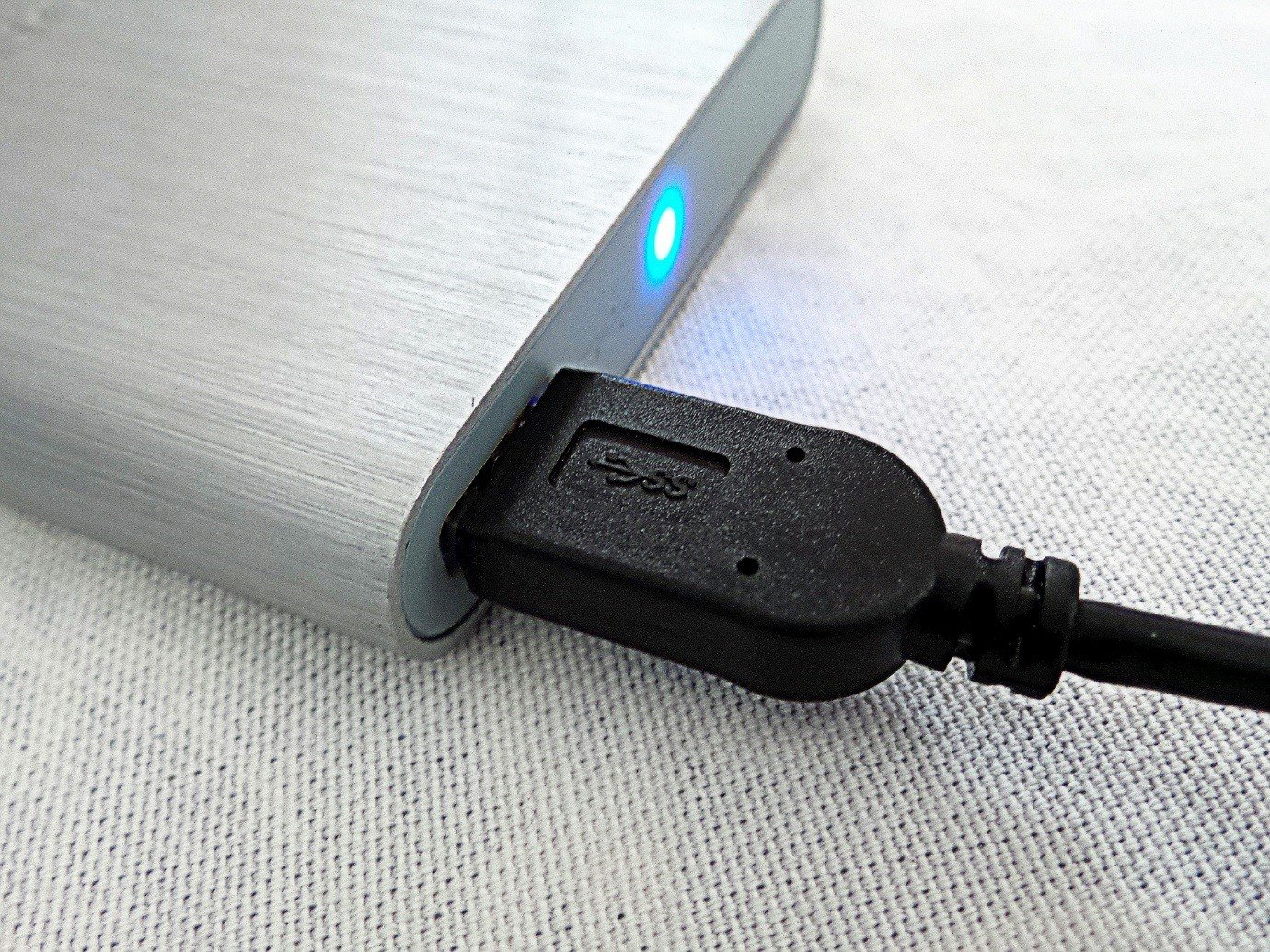During your working life, you may well duck this question, and you won’t normally go far wrong leaving your pension where it is until you reach retirement. However, when you are getting close to retirement, it is a different matter. At that point, transferring your pension from a company pension scheme or from a traditional personal pension to a Self Invested Personal Pension (SIPP) could become a key element of your retirement planning if you want to draw down the money to supplement your state pension. But there are pitfalls to be aware of.
Transferring your pension
When you move from one job to the next, or as you approach retirement, you will need to consider what to do with any pension pots that you have accumulated. You may decide to transfer the money to a new pension arrangement.

Contents
Pension scams
The most obvious danger to avoid is losing your pension pot to a scammer who tricks you into transferring your money into their own account and then disappears with it.
Unfortunately, scammers are becoming increasingly sophisticated. However, according to the Pensions Regulator, the most common tactics used are:
- A cold call, text message, website pop-up or someone coming to your door offering you a ‘free pension review’, ‘one-off investment opportunity’ or ‘legal loophole’.
- Convincing marketing materials that promise you returns of over 8% on your investment.
- Paperwork delivered to your door by the courier that requires an immediate signature.
- A proposal to put your money in a single investment. In most circumstances, financial advisers will suggest diversification of assets.
- They may claim that they can access your pension before age 55.
- Transfers of your money overseas.
Transferring from a salary-related (defined benefit) pension scheme
If you are tempted to transfer your pension pot from a salary-based pension scheme to a personal pension, think again. It is not normally advisable and may not be possible anyway if you are a member of an ‘unfunded’ public sector scheme.
A salary-based pension scheme will provide you with a secure and rising income in retirement. If you decide to transfer, the trustees will convert the benefits you have built up into a cash sum, called a transfer value. Once the cash is transferred to a personal pension, its value can fluctuate and if the withdrawals you make are too large you may eventually run out of money.
If the value of your final salary pension pot is above £30,000, a transfer cannot go ahead until you have taken professional financial advice from a suitably qualified adviser. If you are advised that transferring is not in your best interests, a new pension provider may also refuse to accept your transfer.
Generally speaking, the circumstances when it is advisable to transfer out of salary based scheme are few and far between. A rare example may be when someone is single, with no dependents, and is in poor health.
To find a qualified pension transfer adviser in your area go to www.unbiased.co.uk.
Transferring from a contribution related (defined contribution) pension scheme
There may be good reasons for transferring your pension pot from an existing contribution-related company scheme or traditional personal pension scheme to a SIPP. Not all existing schemes are able to provide drawdown facilities, whereby you can take an income from your pension investments or make occasional withdrawals of capital. They may only allow you to take your pension cash as a lump sum which could mean you end up having to pay higher rate tax on part of it.
Transferring to a SIPP will normally give you greater flexibility over how you make your withdrawals. It will also allow you to choose the best possible investments to suit your requirements whether you are looking to maximise the income your pension fund can generate or invest for the long term in order to be able to pass your pension fund on to the next generation.
However, there are also potential drawbacks to consider, such as costs. Your existing pension may have lower charges. You may have to pay a charge to transfer out. Your old pensions may offer valuable benefits that you will lose if you transfer out of them, such as additional death benefits or a Guaranteed Annuity Rate (GAR) option. AGAR may provide you with a much higher income than you can get from other investments when you retire.
If you move to a SIPP, you will need to be reasonably confident about making your own investment decisions unless you plan to take independent financial advice, although your SIPP providers may provide guidance in the form of a choice of model portfolios to suit your risk profile.
